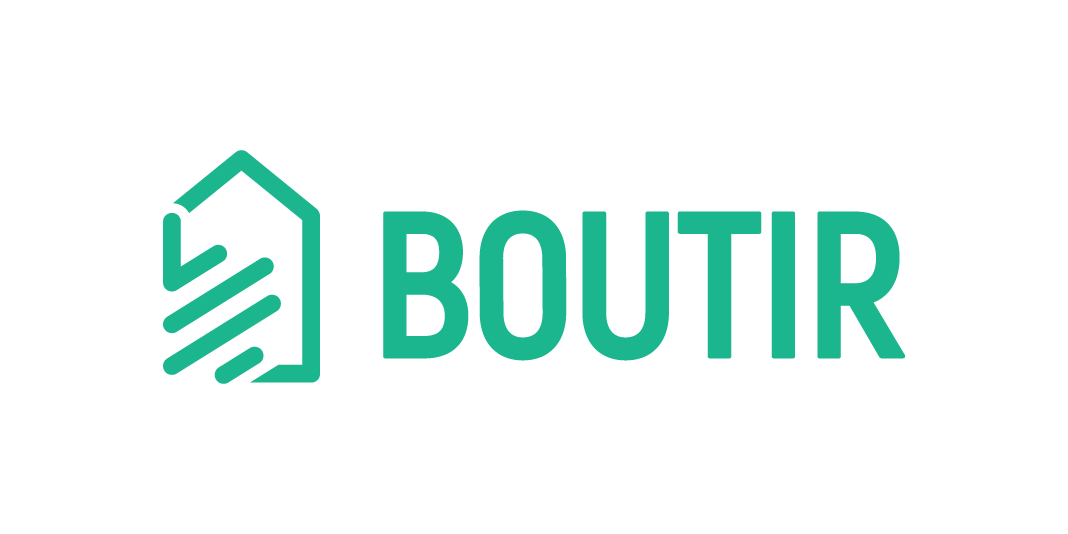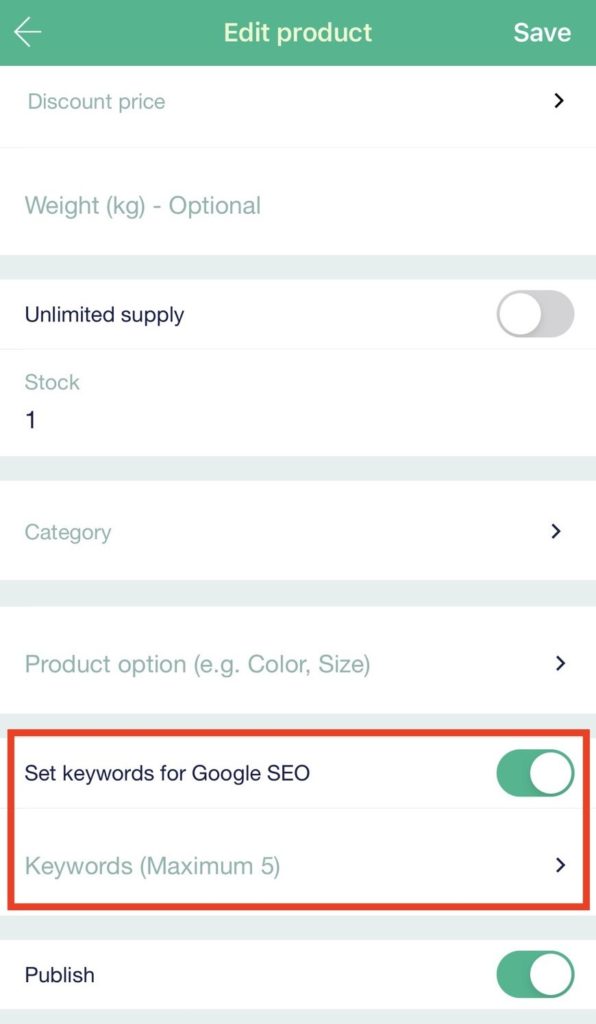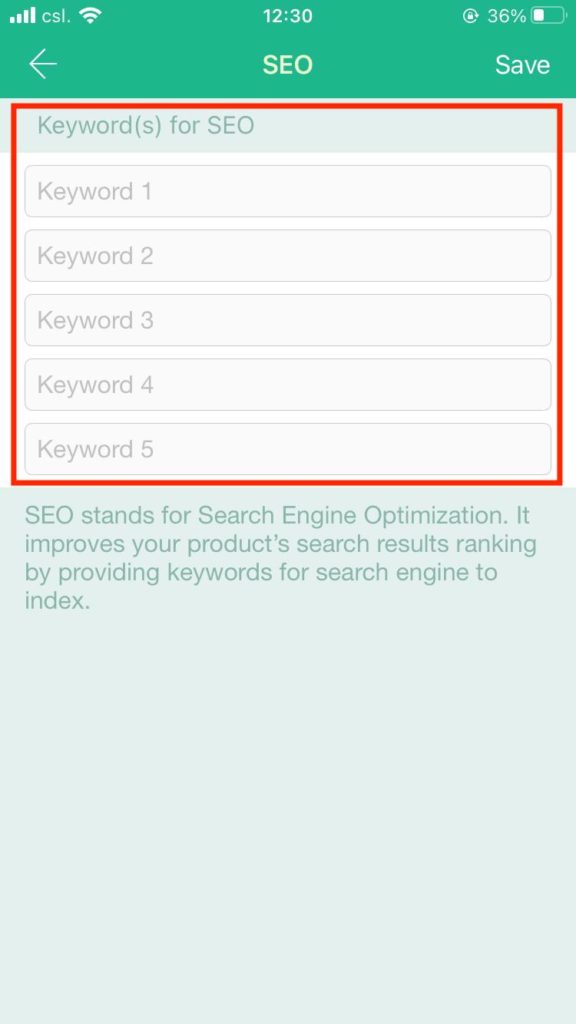Effective digital marketing is crucial for online store management because it can help you reach potential buyers online to increase sales. Digital Marketing does not only include social media, online search engines like Google are also very important digital promotion tools.
Imagine, when you are interested in a service or product, what will you do first? Many people will take the initiative to search for information through online search engines and then click on the links that appear above the main page to get information quickly. Therefore, many merchants are trying to improve search ranking results through SEM and SEO processes, so that online shop pages can be seen by more potential buyers.
What exactly are SEM and SEO? What’s the difference between the two? In the following article, Boutir will help you understand this in-depth.
Table of contents:
- What is SEM?
- What is SEO?
- What is the difference between SEM and SEO?
What is SEM?
SEM (Search Engine Marketing) is a digital marketing method where merchants can place paid advertisements on search engines to promote stores.
Search engines generally include Google, Bing, Baidu, Yahoo, etc.
– Boutir store marketing tips
For example, in the Google search engine, when a merchant places a keyword ad ( Search Ad ), the ad will be displayed at the top of the search results page based on the keyword entered. Below are examples of Search Ad results from various jewelry brands, and because store ads are located at the top of the search results page, they can entice potential shoppers to visit the store’s web and even place an order.

These types of ads are generally charged per click. If no one clicks on the ad, that too is equivalent to the merchant getting free exposure. The fees charged also depend on various factors such as keyword search volume, target merchant, level of competition, etc.
What is SEO?
Related to SEM above, when people use search engines, they can first see Search Ad ads at the top of search results, and then see organic search results. Take the image below for an example: Organic search results for the keyword ‘bag’ search are listed below the ad.

SEO (Search Engine Optimization), is a digital marketing method where merchants optimize websites to get top rankings in search engine results, thereby obtaining a high number of organic visits (Organic Traffic).
What is the difference between SEM and SEO
1. Different Method
To increase the effectiveness of SEM, merchants should constantly review ad performance data and make adjustments to settings, such as offer strategy, ad budget, etc. The merchant’s goal is to maximize ad conversions through minimal spending.
As for SEO, website optimization efforts can be divided into the following three aspects:
- Technical level: Improve site structure, add mobile-compatible search design, etc., so that search engines can understand web content effectively.
- Content level: Improve the quality of web content, select appropriate keywords, etc., to improve the evaluation of web pages by search engines
- External tier: Increase the number of external backlinks, so that more external websites have hyperlinks to merchant web pages (Please note that only high-quality hyperlinks can improve SEO performance). For example, the content of two web pages should be related to each other, or an external website has a high level of popularity. If the criteria are not met, even this effort will be counterproductive.
By the way, Boutir has an “SEO optimization setting” function. When a merchant creates a product, this feature can be activated. You only need to enter keywords related to the product (limited to 5 keywords) to make it easier for search engines to identify your product content and improve results rankings.
2. Time required
For SEM, as long as merchants are willing to pay and comply with advertising policies, they can generally place ads on search engines and find out the effectiveness of promotions in no time. After some time, the ads will disappear.
As for SEO, since search engines expect to provide quality service to users, they are naturally stricter on the quality of website content. Therefore, merchants need to spend more time optimizing websites before they rank in high and stable search results.
3. To Achieve Different Goals
Although the ultimate goal of SEO and SEM is to bring more visitors to a merchant’s website, they can fulfill different needs:
| SEM | SEO |
| Get lots of website visits in no time | Get free organic website visits in the long term |
| Promote products or limited offers | To build brand recognition |
| Show ads to users related to your website | To become an industry opinion leader |
Overall, search engines are one of the most important online publicity channels today. To make it easier for potential customers to view website pages, many merchants will do SEM and SEO simultaneously, in the hope of maximizing the marketing effect. If resources are limited, you may want to refer to the comparison above, and then create a marketing strategy that best suits your needs.


